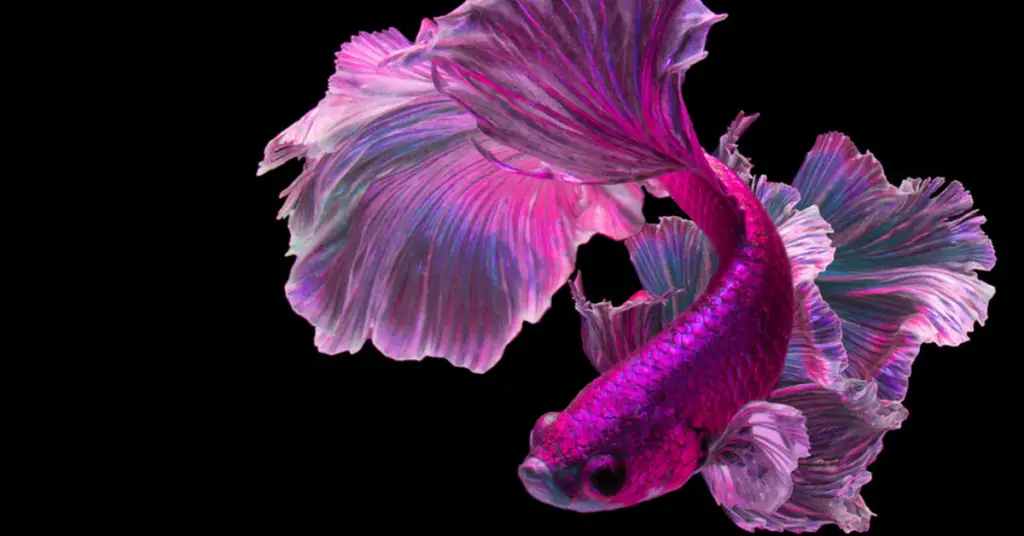Tap water is a readily available resource for many people, and it’s tempting to use it as a quick solution when setting up a home aquarium. But can fish survive in tap water, or does it require additional treatment?
In this article, we’ll explore the factors affecting fish survival in tap water, discuss how to prepare tap water for aquarium use and address common questions related to this topic.
Factors Affecting Fish Survival in Tap Water
Chlorine and Chloramines
Chlorine and chloramines are common disinfectants used in tap water to ensure their safety for human consumption.
However, these chemicals are harmful to fish and can cause respiratory issues, stress, and even death.
Water Hardness and pH
Tap water hardness and pH levels can vary significantly depending on your location.
Fish species have specific requirements for water hardness and pH, which must be met to maintain their health and well-being.
Temperature
Tap water temperature may not be suitable for your fish species, as they require specific temperature ranges to thrive.
Contaminants
Tap water may contain various contaminants, such as heavy metals and pesticides, which can be harmful to fish.
Preparing Tap Water for Aquarium Use
Dechlorinating Tap Water
To remove chlorine and chloramines from tap water, you can use a water conditioner or dechlorinator specifically designed for aquarium use.
Adjusting Water Hardness and pH
If the tap water’s hardness or pH is not within the desired range for your fish species, you can use various additives or filtration methods to adjust these parameters.
Ensuring Proper Temperature
Using an aquarium heater, you can maintain a stable temperature that meets the requirements of your fish species.
Removing Contaminants
Using a high-quality aquarium filter can help remove contaminants from tap water. You can also consider using activated carbon or other filtration media to enhance the water quality further.

Monitoring Water Quality
Regularly testing your aquarium water is essential to ensure that it remains safe and suitable for your fish.
Test kits for pH, ammonia, nitrite, and nitrate are widely available and should be used consistently.
Tap Water vs. Other Water Sources
Distilled Water
Distilled water is free from contaminants and minerals, but it lacks essential minerals and ions that fish require.
Mixing distilled water with tap water or adding remineralizing products can create a suitable environment for fish.
Reverse Osmosis (RO) Water
RO water is similar to distilled water but has some minerals left in it. It may need to be treated with a dechlorinator and remineralized to ensure a safe environment for your fish.
Bottled Water
Some aquarium hobbyists use bottled water, but it can be expensive and may still require treatment to meet the needs of your fish species.
Frequently Asked Questions
Can I use tap water for my betta fish?
Yes, you can use tap water for your betta fish, but you must treat it with a de-chlorinator to remove harmful chemicals and ensure that the water parameters meet your betta’s specific needs.
How long should I let tap water sit before adding fish?
Letting tap water sit for 24 hours can help remove chlorine, but it does not eliminate chloramines or adjust other water parameters.
Using a de-chlorinator and testing the water is a more reliable method to prepare tap water for fish.
Can I use tap water for a saltwater aquarium?
You can use tap water for a saltwater aquarium, but it will require significant treatment, including dechlorination, adjusting water parameters, and adding the marine salt mix to create a suitable environment for marine species.
Conclusion
Fish can survive in tap water, provided that it is appropriately treated and adjusted to meet the specific requirements of the fish species.
Before introducing fish to tap water, it is crucial to dechlorinate the water, adjust the water hardness, pH, and temperature, and remove contaminants using filtration methods.
Regular monitoring of water quality is essential to maintain a healthy environment for your fish.
While tap water is a convenient and cost-effective option, it’s important to consider alternative water sources like distilled water, RO water, or bottled water if the tap water in your area is not suitable for your aquarium.
In conclusion, with proper treatment and ongoing monitoring of water parameters, tap water can be a safe and viable option for maintaining a healthy home aquarium.
Ensuring that your fish have a clean, stable environment will promote their well-being and allow them to thrive.